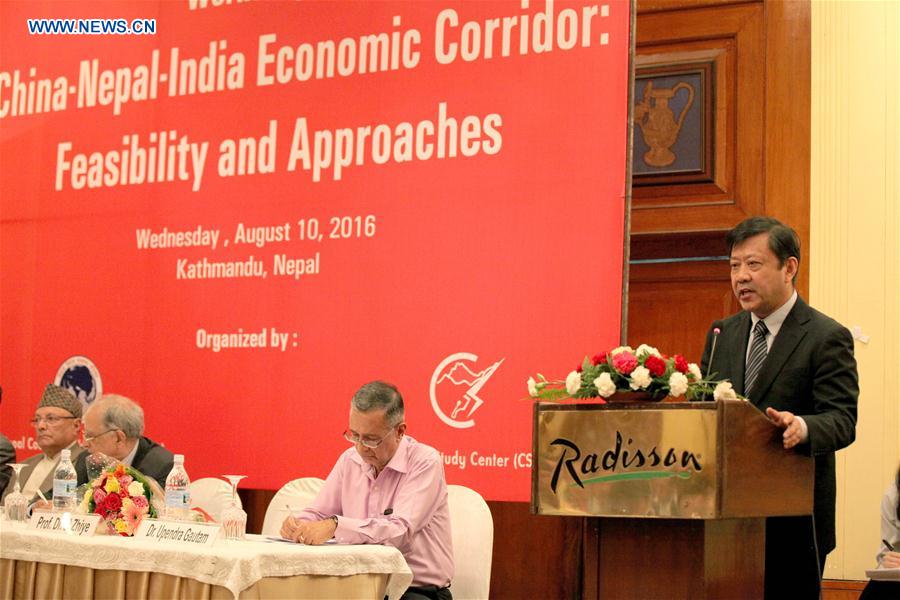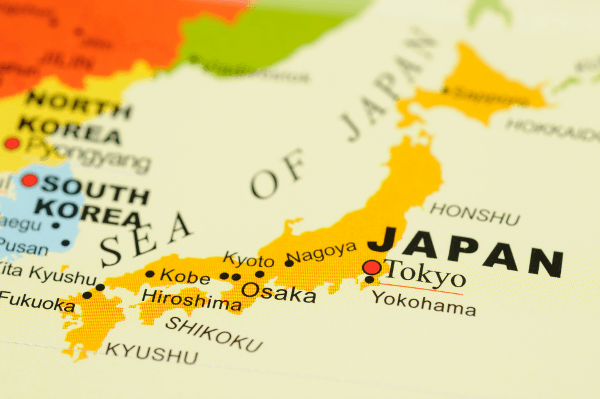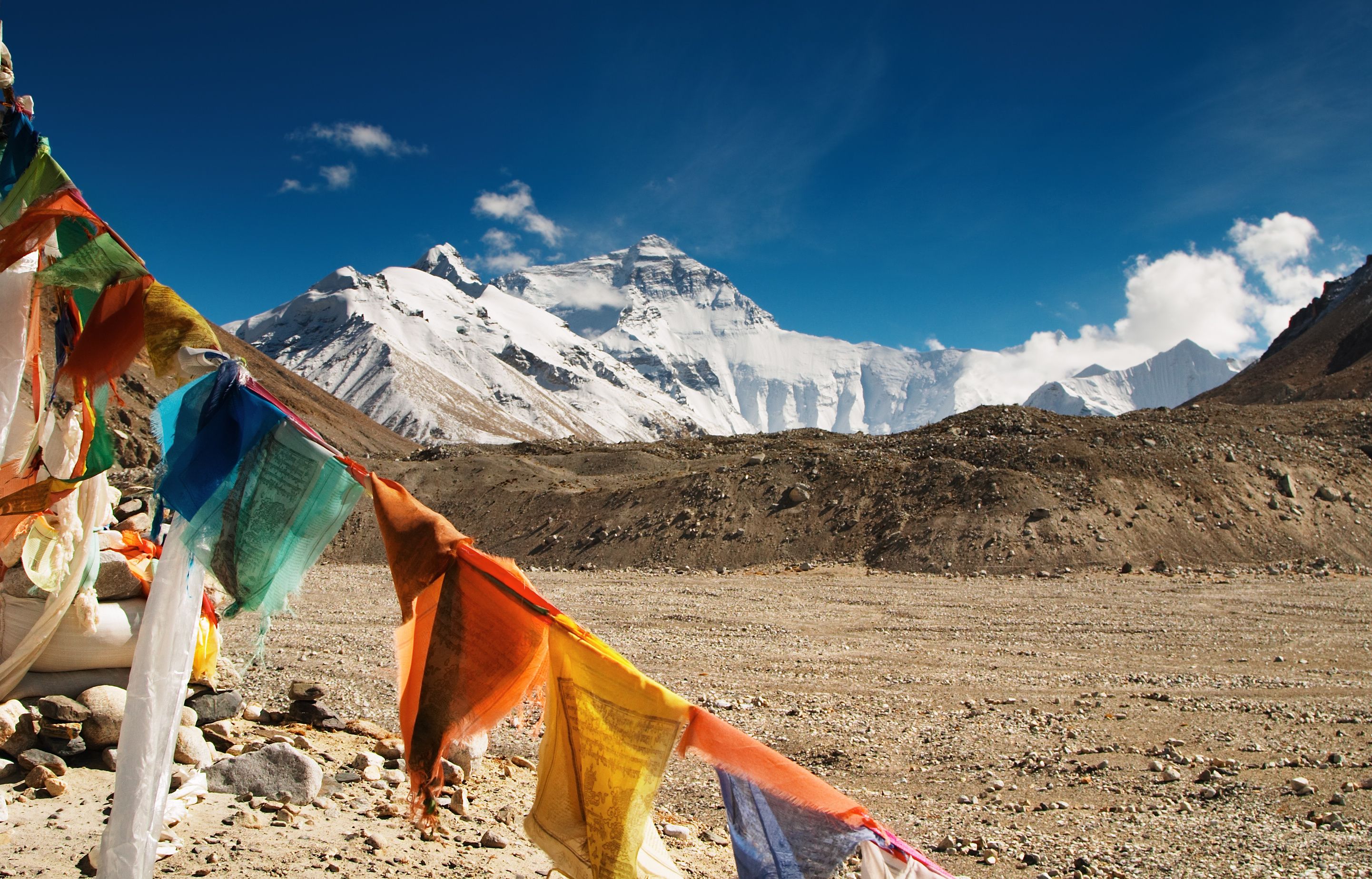OBOR : It is well- known fact both the immediate neighbouring countries of Nepal; China and India have a tremendous security concern in Nepal, it might be because of the geopolitical situation of Nepal or any hideous factors. Even though Nepal wholeheartedly has put its efficiency to keep up security issues, like, “One China Policy” of China and other kinds of security concern raised by India. However, it is undeniable fact that, China in her latent consciousness with a blanket covered sentiments opines Nepal for not being able to address issues like free Tibet moment and other issues categorically. Understanding of India is not very different from China when it comes to its security concerns in Nepal.

Credit : http://news.xinhuanet.com
The linchpin of Chinese Foreign Policy : the “One Belt Road”
China’s vision of connectivity through the “One Belt One Road” also considered as the linchpin of Chinese foreign policy. With 68 countries part of it, which means 65% of humanities, will be under this project. Successions of this particular Chinese policy of Belt and Road initiative definitely will justify China’s ubiquitous in world politics. But the big apprehension arises that, will this policy, only welcomes the infrastructural development and technological advancement in the region? I highly presume there might be equal chances of destabilisation of the region too (especially relation between Nepal, China and India) so that China won’t be able to ignite its goal for achieving the target of surpassing the America while retaining its once lost position in both political and economic fronts in a global sphere.
One Belt One Road
Economy and security are mutually exclusive to each other they go hand in hand. When OBOR is highly speculated to be the regime changer, certainly, there may occur the security dysfunctional status. With the occurrence of this incident this might exterminate the locus of present political attributes resulting in the regional security disorder. This can have a direct impact on Nepal. When India is not willing to be enrolling in OBOR initiatives, even has boycotted the summit held last month in Beijing. Nepal in between these two giant countries definitely is of strategic importance. Now this position will be getting an even hyper state. Needless to explain, Nepal is a fragile and security daunting state, we might not be in a position to protect ourselves if in the condition the security instability occurs.
The Pacific Ocean Factor
The Atlantic Ocean carried out more of the trade during the 19th century; however, the Pacific Ocean, dominated, the 20th century.The 21st century is highly regarded as the Indian Ocean century. To sustain its dominance in the Indian Ocean, India has shown greater reluctant to join the OBOR project, which they consider, can tilt more towards China if integrated into the project extended by China. China is only half-independent of self for the natural gases necessary in the country.
The rest of it depends on the export mostly from the Gulf countries. A chunk of which comes to China via the Malacca Strait to the Indian Ocean than in the South China Sea. As we all know Malacca Strait and the Indian Ocean is heavily dominated by Indian along with other influential countries namely America. That is the reason the involvement of India has remained crucial and at a time pivotal for the China initiated OBOR.
The exogenous influence in Nepali politics is in exorbitant. Stability of Nepal is an outcry for their interest. The mushrooming INGOs and NGOs here in Nepal are believed to be funded by those external forces that are often said to have an influential position in policymaking. In such an ambiguous scenario, a big question arises here; will those forces easily pave the way for the stability in Nepal? It has been believed that with OBOR, Nepal shall be introduced to the new fortune, with the economic prosperity, where China is likely to be the next hegemon toppling America.
America’s massive support
America is unable to admit that it will become no. 2 to China in the near future. It might spout any harsh decision to retain its place in world politics. With Donald Trump in White House, anything unusual is highly possible. Nevertheless, confrontation with China might not be the first choice but engaging China in her neighbouring state is likely. As done to contain the Soviet Union and only powerful country during the cold war period who could counter America in every possible prospect. Apart from other differences, the American government deployment of mujaheddin forces in Afghanistan was to overthrow Soviet presence in the region who otherwise could have sustained America in economic aspects, during those hasty cold war days, besides the arms and ammunition.
The US landed massive support to the mujaheddin in Afghanistan in trying to stop the Soviet Union from gaming the influence in that area. But in the intoxication of weakening the Soviet Union, the only world power that has opposed America since the end of World War II. America paid for and persuaded Afghans and Muslims from other parts of the Muslim World, to fight a religious war. America capitalised on this sentiment and helped train and arm Afghan mujaheddin.
Afghanistan is adjacent to Middle Eastern countries that are rich in oil and natural gas. Though Afghanistan may have little petroleum in itself, it borders both Iran and Turkmenistan, countries with the second and fourth largest natural gas reserves in the world. Afghanistan is a strategic piece of real estate in the geopolitical struggle for power and dominance in the region.
Afghanistan a landlocked country like Nepal and has remained at the centre stage of International Politics as a theatre in the cold war games of super powers with Pakistan acting as the frontline state of the USA for channelling its financial material and military supplies to the Afghan mujaheddin. Afghanistan has assumed importance due to its potential to influence the societies and politics in its bordering countries.
With the growing influence of China in global politics, many countries may find the Tibetan issue trivial. We can bet our bottom dollar, America, definitely will do anything to cling to the power. Tibetan issue could be one among the favourite. America along with the help of India once already had tried to manipulate the Tibetan issue in 1970s so that it easily could dominate China from growing huge. The Khampa Revolution was the name of the moment. As did with the mujaheddin in Afghanistan, America had tried to dismantle the Chinese with the help of Tibetan Arm forces. Mustang the upper hill part of Nepal was trying to be making as an apparatus of the foreplay for Khampa Revolution.
On April 17, 1978, the then Prime Minister of India, Morarji Desai, confessed in the lower house of the Indian Parliament, Loksabha, that India and the United States of America had collaborated at the highest political level in covert operations aimed at challenging the authority and territorial integrity of China. The announcement not only shocked the Indian parliamentarians but the entire world. In addition to the damage caused to the revered memory of Jawaharlal Nehru, this also exposed the degree of U.S. involvement in South Asia (Dhar Anuj,2009, CIA’s Eye in South Asia)
Over the course of the past 60 years, the US regularly budgeted money to support a number of Tibetans related projects in India and Nepal. This money doesn’t go directly to the Dalai Lama and is instead dispersed to various organisations that represent health and educational opportunities for Tibetan in India and Nepal, and preservation of the Tibetan culture and economic building to name a few. In 2015 the US budgeted $3 million, whereas in 2016 they doubled that to $6 million. (foreignassistance.gov). Though it is also being said that in the recent Trump administration has denied aiding Tibet (The Times of India, May,27,2017).
However, an article on the office of a Tibetan website of 2016: The Congressional budget appropriation bill states ” Of the funds appropriated by this under the heading Economic Support Fund not less than $6,000,000 shall be made available for programs to promote and preserve Tibetan culture, development and the resilience of Tibetan Communities in India and Nepal. Moreover, assist in the education and development of the next generation of Tibetan leaders from such communities. Such American support for Tibetan is not to gear the Tibet gain its freedom from China, but to gain intelligence on China.
A centre named after the American President is an active organisation in Nepal. During the first constituent assembly held in 2008, he was in Nepal to supervise the fair play of election. On his visit, he was reported to be found in Buddha; local area of Kathmandu, where Tibetan refugees have settled. According to the intelligence report, he was found supplying the weapon for free Tibet moment.
To cut the matter short, with the implementation of OBOR, Nepal will be delimiting itself with the only Indian reach in International trade from the sea route. Eventually, these could leverage Nepal in many prospects. However, we should also equally be accountable with the security challenges that might occur in connection to dismantle the Chinese initiated OBOR by her foe with Tibetan issues in high concern. Security challenges in Nepal ultimately will hamper the stability of both China and India in total.
References
Giustozzi, Antonio. 1978-1992, War, Politics, and Society in Afghanistan, Washington D.C.: Georgetown University Press.
Hauner, Milan. 1991,The Soviet War in Afghanistan: Patterns of Russian Imperialism. Lanham: University Press of America..
Hilali, A.Z..2003, “The Soviet Decision-Making for Intervention in Afghanistan and its Motives.” The Journal of Slavic Military Studies.
Dhar Anuj, 2009,CIA’s Eye in South Asia, Manas Publication
Adhikari, Pushpa. 2010. Ties That Bind – An Account Of Nepal-China Relations. Kathmandu: Sangam Institute
Ranade, Jayadeva. 2013. China Unveiled: Insights Into Chinese Strategic Thinking. New Delhi Knowledge World.
Singh, Swaran. 2003. China-South Asia: Issues, Equations, Policies . New Delhi: Lancers Books.








